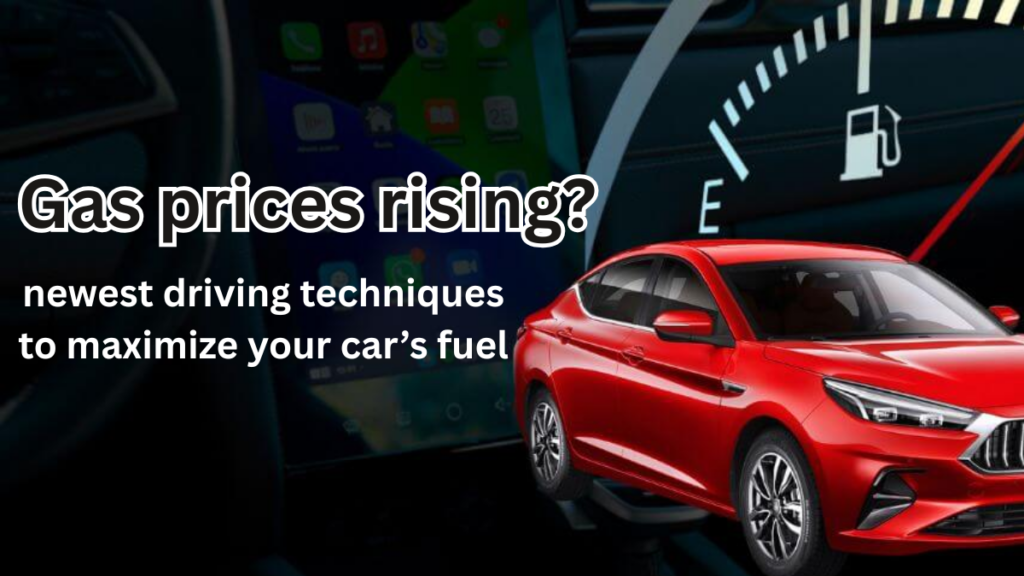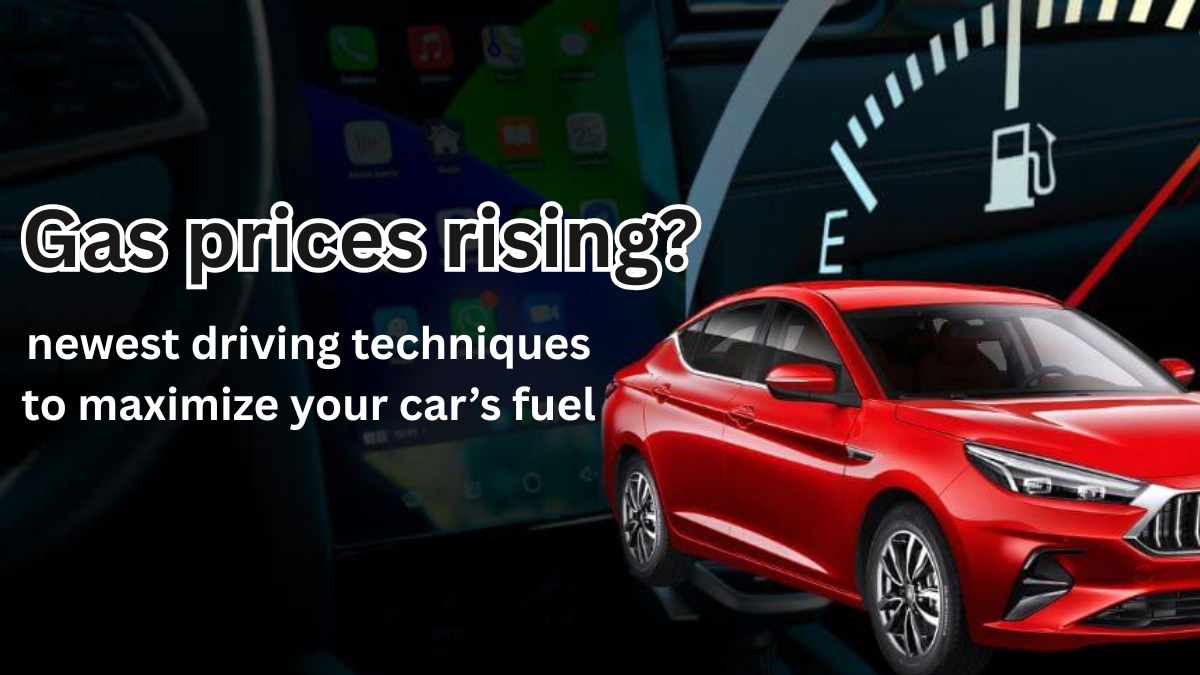Fuel prices are on the rise again, and whether you’re commuting daily or heading out on weekend road trips, every drop counts. Thankfully, a few small changes in your driving habits can make a big difference to your gas consumption. If you’ve been wondering how to save gas and improve car mileage in 2025, you’ve come to the right place!
Here are some practical and easy-to-follow fuel saving tips for 2025 that will not only help you spend less on fuel but also make your car last longer.

Why Fuel Efficiency Matters in 2025
In today’s world, saving fuel isn’t just about saving money—it’s about saving the planet too.
Here’s why you should care:
-
Eco-Friendly: Reduces your carbon footprint
-
Cost-Effective: Fuel prices are volatile—saving gas means saving cash
-
Vehicle Longevity: Efficient driving extends your car’s engine life
Smart Fuel Saving Tips for 2025
Here are the top expert-recommended habits you should start using now.
Maintain a Steady Speed
Fluctuating speeds burn more gas. Use cruise control on highways to maintain a consistent pace.
Pro Tip: Avoid rapid acceleration and hard braking—they reduce fuel efficiency by up to 30% on highways.
Keep Your Tires Properly Inflated
Low tire pressure increases rolling resistance, making your engine work harder.
| Tire Pressure | Fuel Efficiency Impact |
|---|---|
| Correct PSI | Optimal mileage |
| Under-inflated | Up to 10% fuel waste |
Check your tire pressure monthly.
Limit Idling Time
Idling for more than a minute wastes fuel unnecessarily.
-
Turn off the engine when parked
-
Use start-stop technology if your car has it
Lighten the Load
The more weight you carry, the more fuel you burn.
| Added Weight | Mileage Impact |
|---|---|
| +100 lbs | –1% fuel efficiency |
| Empty trunk | Improved performance |
Clean out your trunk and remove roof racks when not needed.
Drive During Off-Peak Hours
Stop-and-go traffic burns more fuel than smooth-flowing roads.
-
Use traffic apps to avoid congested routes
-
Try carpooling to reduce the number of cars on the road
Improve Car Mileage with Regular Maintenance
A well-maintained vehicle runs more efficiently and saves fuel over time.
Maintenance Checklist:
| Service | Frequency | Benefit |
|---|---|---|
| Oil Change | Every 5,000–7,500 km | Reduces engine friction |
| Air Filter Replacement | Every 15,000–30,000 km | Boosts airflow and efficiency |
| Spark Plug Check | Annually | Ensures smooth combustion |
| Fuel System Cleaning | As recommended | Prevents clogging and buildup |
Extra Tips: How to Save Gas While Driving
Sometimes it’s the small things that make the biggest difference:
-
Close windows at high speeds to reduce drag
-
Use AC sparingly, especially in city traffic
-
Shift gears smoothly (for manual drivers)
Integrating these habits into your routine is key to maximizing every drop of fuel.
FAQs
What is the best way to improve car mileage?
Routine maintenance and smooth driving are the best ways to improve mileage. Keep tires inflated, drive gently, and get your car serviced regularly.
How much fuel can I save by driving slower?
Driving at 90 km/h instead of 110 km/h on highways can improve fuel economy by 10–15%.
Does using premium fuel improve mileage?
Only use premium fuel if your car manufacturer recommends it. Otherwise, it offers no real fuel-saving benefit.
Is it worth investing in a fuel-efficient car in 2025?
Absolutely. Modern cars, especially hybrids and EVs, are designed to optimize mileage and reduce fuel costs significantly.
Final Thoughts
If you’ve been looking for realistic fuel saving tips 2025, now’s the time to take action. Adopting these smart driving and maintenance habits won’t just help you improve car mileage—they’ll also reduce your expenses and environmental impact.
Click here to learn more
Pari is a passionate writer known for captivating stories that blend imagination and reality. Inspired by travel, history, and everyday moments, Pari crafts narratives that resonate deeply with readers.




